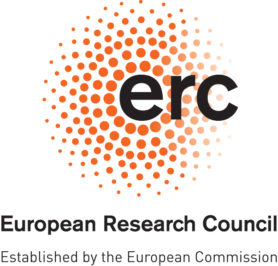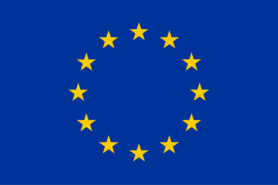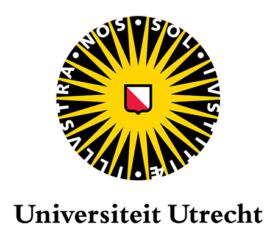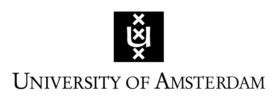Events
International Orgelpark Symposium 7 – 9 June 2018: ‘Clavichord & Organ: Companions for Centuries’

Download the full programme here
For centuries, organists prepared their music on the clavichord; to play the organ they needed calcants to operate the bellows, and often official permission as well. Yet, the differences between the two instruments are quite impressive: clavichords are tiny, and their sound is both soft and dynamic. Wat impact had playing clavichords on organ music and organ building? Were organ compositions actually written at the clavichord, and might that be an explanation of the strange fact that Buxtehude’s organ scores contain notes that ‘his’ organ in the Lübeck Marienkirche did not even have? What does that mean for our understanding of the history of music-making? And what for our music-making today?
The 2018 International Orgelpark Symposium focusses on questions such as these. Now that the New Baroque Organ has been inaugurated recently, on March 21, and already has proven that organs can sound as dynamic as clavichords, it just made sense to choose the ‘companionship’ between the clavichord and the organ as the topic of this year’s Orgelpark symposium. Musicians, Musicologists and Instrument builders from all over the world will contribute to the symposium. To mention just a few names: Joel Speerstra, Ulrika Davidsson (Zweden), Harald Vogel, Sigrun Stephan, Bernhard Klapprott, Franz Danksagmüller (Germany), Gregory Crowell, Terence Charlston (UK), Christophe Deslignes (France); and, from the Netherlands, Menno van Delft, Jan Raas and Klaas Hoek. The program includes lectures, workshops, lecture-recitals, and concerts. Admission free; tickets for the evening concerts are € 15.
The symposium takes place on Thursday 7 June (14.15), Friday 8 June (10.00), and Saturday 9 June (10.00). The evening concerts on Thursday and Friday start at 20.15. The International Orgelpark Symposium 2018 is organized in close cooperation with VU University Amsterdam and the Dutch Clavichord Society.
Tot ver in de 19de eeuw bereidden organisten hun muziek voor op het clavichord; om orgel te kunnen spelen, hadden ze immers balgentreders nodig en vaak ook officiële toestemming. De verschillen tussen beide instrumenten zijn intussen groot: clavichorden zijn klein en hun klank is zacht en dynamisch. Wat betekende dat voor orgelspel en orgelbouw? Werden composities wellicht bij het clavichord geschreven, en verklaart dat wellicht waarom Buxtehude in zijn orgelwerken tonen voorschreef die ‘zijn’ orgel in de Lübecker Marienkirche niet eens had? Welk licht werpt een en ander op de musiceergeschiedenis? En wat betekent het voor ons musiceren nu?
Op vragen als deze stelt het Internationale Orgelpark Symposium 2018 scherp. Nu het nieuwe Utopa Barokorgel in het Orgelpark afgelopen maart in gebruik is genomen en inmiddels bewezen heeft net als clavichorden bijzonder dynamisch te kunnen klinken, stelt het Orgelpark de eeuwenlange relatie tussen beide instrumenten centraal. Aan het symposium werken toonaangevende musici, musicologen en instrumentenbouwers uit de hele wereld mee. Onder hen bijvoorbeeld Joel Speerstra en Ulrika Davidsson (Zweden), Harald Vogel, Sigrun Stephan, Bernhard Klapprott en Franz Danksagmüller (D), Gregory Crowell en Terence Charlston (VK), Christophe Deslignes (F); alsook uit Nederland Menno van Delft, Jan Raas en Klaas Hoek. Op het programma lezingen, workshops, lecture-recitals en concerten. Toegang gratis; tickets voor de twee avondconcerten kosten € 15.
Het symposium vindt plaats op donderdag 7 juni (14.15 uur), vrijdag 8 juni (10.00 uur) en zaterdag 9 juni (10.00 uur). De avondconcerten op 7 en 8 juni beginnen om 20.15 uur. Het Internationaal Orgelpark Symposium 2018 is georganiseerd in samenwerking met de Vrije Universiteit Amsterdam en het Nederlands Clavichord Genootschap.





